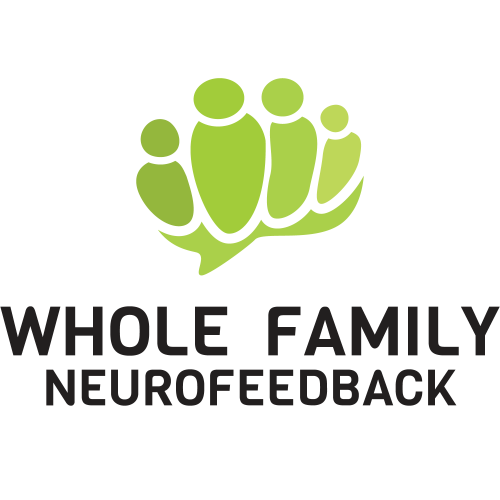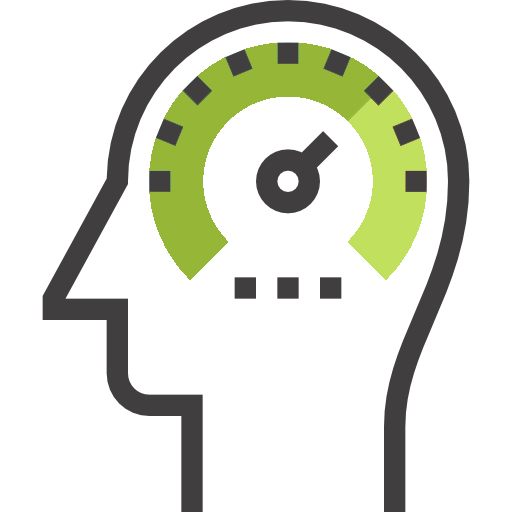Physical Resilience After Injury
Physical Resilience

Have you or a loved one experienced a chronic illness or a debilitating injury? Perhaps you have a child who was born with a seizure disorder or other life-altering malady. Has your family been forever changed? What would you say are the most helpful things for the overall functioning of the family? For the injured member? Have you been able to find a good rehab counselor?
Factors Contributing to Coping Well
Rehabilitation psychology is a field of study that investigates, in part, the factors that contribute to an adult or child’s recovery, ability to cope, or resiliency after the injury or the onset of the illness. Folk wisdom has fostered the idea that positive emotions are beneficial to one’s health. Growing empirical evidence is offering support for this anecdotal insight. Tugade, et. al. (2004) found that “positive emotions play a crucial role in enhancing coping resources in the face of negative events” through two studies conducted using psychophysiological evidence and experience sampling.*
Quale and Shanke (2010) were able to identify 4 important factors that “account for psychological resilience after injury or chronic illness.”**
These include:
- Optimism
- Affect
- Social Support
- Pain
Overall quality of life prior to and after the onset of the illness or disability were measured by Bishop (2005) to have important implications for rehabilitation counseling and for psychosocial adaptation.*** Bishop emphasizes four components to be evaluated by the family, the patient, and the rehab counselor.
These include:
- Overall satisfaction with quality of life
- Perceived sense of control
- The actual impact of the illness or the disability and its treatment
- Level of significance of life domains impacted by the illness or disability
Where Does NeurOptimal® Fit In?
NeurOptimal® offers the following, no matter the circumstance in life:
- Helps the injured family member, whether adult or child, live within their limitations better
- Helps parents (if the diagnosed family member is a child) to better contribute to overall happiness and stress resilience of the family
- Increases flexibility and resilience which makes coping easier
- Improves concentration, resource management, problem solving, and logic
- Neurofeedback aids in relaxation which contributes to improved sleep habits. The diagnosed, as well as family members and caregivers, experience the joy of deep sleep and profound rest.
Overall, NeurOptimal® promotes the emotional fitness and healthy life style choices of not only the injured but also the entire family (should they participate in the neurofeedback sessions themselves), which Harvard Medical School identifies as an important part of living with chronic illness and/or disability.****
Here’s what some of our renters had to say about his neurofeedback training 9 years after a stroke:
“After a month of using NeurOptimal® I have logged about 30-35 sessions. The results were very positive including feeling like I have more control over my left side, like 50% more! It just seemed to come naturally. My overall energy seems to be up quite a bit. Also, I’m not so foggy all the time. It’s made me happier. Knowing it’s actually working has been a big boost. I would definitely recommend! It worked very strongly for me.”
-Willie, Fort Collins, CO
“My wife has no seizures on the days she does the training. This down from a dozen small seizures a day. I feel a lot better about going to work knowing she is in a good place at home.”
–Jim, Utah
“The drugs my daughter was taking to control her seizures had been making her seem absolutely numb. It was so hard to watch. The brain training is not only helping her have a life again, I’m able to be a lot less worried about her. My own stress level has gone down. It’s been so great for our relationship!”
–Alicia, Kansas
*Tugade, MM; Frederickson, BL; Feldman Barrett, L; “Psychological Resilience and Positive Emotional Granularity: Examining the Benefits of Positive Emotions on Coping and Health” Journal of Personality; Vol 72, Issue 6, Pages 1161-1190.
**Quale, A. J., & Schanke, A.K. (2010). Resilience in the face of coping with a severe physical injury: A study of trajectories of adjustment in a rehabilitation setting. Rehabilitation Psychology, 55(1), 12-22.
*** Malachy Bishop; “Quality of Life and Psychosocial Adaptation to Chronic Illness and Disability”; RCB 48:4 pp. 219–231 (2005)
****https://www.health.harvard.edu/staying-healthy/10-steps-for-coping-with-a-chronic-condition
Maybe you’re about ready to start your brain training experience but still have a few questions.
Will the improvements last?
The changes that neurofeedback training brings about are long-lasting. Brain training is like athletic training in the sense that we can’t just go to the gym once or twice or for a month or two and then never go back. Neurofeedback training is most effective when followed up with periodic boosters. For some, this is monthly. For others, this is
Is neurofeedback training safe?
Neurofeedback training is
How much does neurofeedback training cost?
Whole Family Neurofeedback offers both in-office and at-home training options for those looking to start neurofeedback training. Be sure to check out our Pricing page to see more details about the different plans and pricing we offer. We want to remove as many hurdles as we can for you to get started with brain training, so every first, in-office session is discounted (only one discounted session per family) for folks who live in or near Fort Collins, Colorado. You can also check out our one-week trial rental to see if it’s right for you and your family. What brain training can potentially save you on therapy bills and medication costs can make for long-term savings for your family.
I have been in and out of therapy for most of my adult life and felt stuck in some of the same emotions and patterns for years, despite the fact that therapy has been tremendously helpful to me (and specifically Miriam who is hands down the best). After hedging some and feeling unsure as to what neurofeedback is and really does, I decided to give it a try. It has been life-changing for me. The training has addressed my brain fog, overall mood, and my ability to maintain a less anxious and more steady reaction to events throughout my day. I have also noticed that my negative self-talk has decreased significantly. I truly look forward to my neurofeedback sessions and find an extreme sense of calm immediately after.






